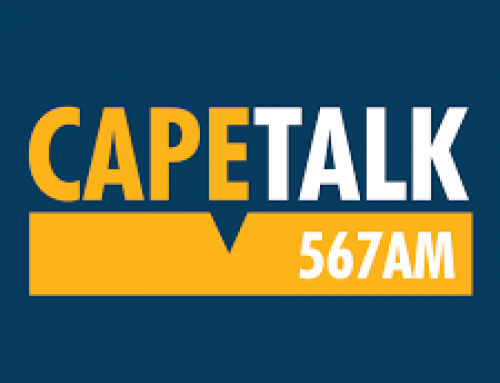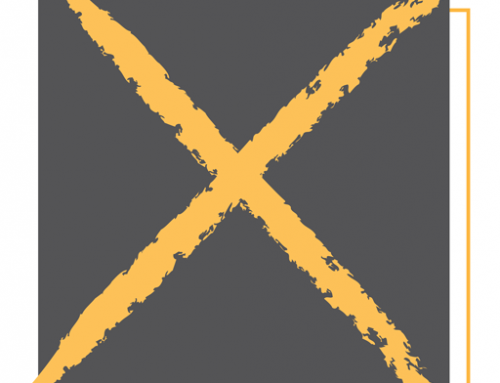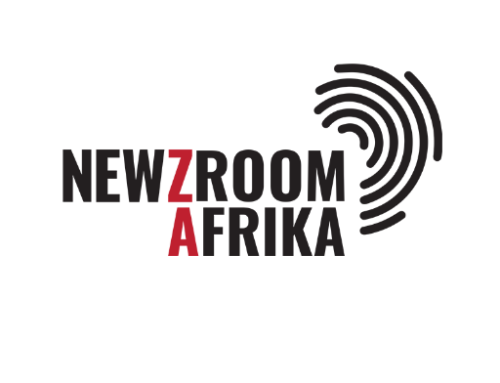25 years ago, South Africa held its first democratic elections. Democracy meant power to the people and the first step to exercising that power was voting in free and fair elections – a right that the majority of South Africans had been excluded from participating in for generations.
Casting those votes after hours of standing in back-breaking queues meant that the will of all people would determine who would lead the country. More than 20 years later, the meaning and importance of voting has not changed. The voice of the people still matters and is central to upholding and deepening our democracy. However, our attitude towards voting does not always reflect this reality.
In the 2014 national elections, 25 million South Africans registered to vote; this out of 31.4 million eligible voters in the country. Only around 18 million of those registered actually turned out to vote and about 11.6 million of those people voted for the governing party. The danger of 14 million people choosing not to vote is that South Africa uses a proportional representation system. This means that the more votes a party receives, the more seats they have in Parliament and therefore more decision-making power. When we surrender our right to vote, we leave it to those who do vote and decide who our leaders will be. Contrary to popular belief, every single vote counts.
This has never been truer. The youth (of which I am a part of) will for the first time this year make up the highest number of eligible voters. Historically, the youth has shown great reluctance to participate in elections because they see no point in voting. Given how many young people are eligible to vote, we have the greatest opportunity to influence our politics. It is the responsibility of all of us as a collective to participate in this democracy and elect a government that represents us and our vision. In order to help define the future of this country as well as our role in it as young people, it is important that we go and cast our votes by the masses on May 8th.
No matter who you are or where you come from, as long as you are 18 years and older you are entitled to vote. Politicians, the wealthy, the poor, the average citizen – we all have one vote which could be the tipping point in making history like we once did as a nation in 1994. We have one chance to decide on the quality of the lives we live by choosing a government that best reflects our interests regarding education, tax, healthcare, the minimum wage, unemployment, crime and other leading concerns.
Compared to countries that do not allow for democratic elections, we are the lucky ones who had heroes and heroines fight and die so that we could enjoy the freedom to vote as enshrined in our Constitution. After decades of racist and discriminatory laws that excluded the vast majority of South Africans from voting, we are fortunate enough to live in a South Africa that allows everyone to vote regardless of race, gender or sexual orientation. Rejecting this freedom is rejecting the ideals that the likes of Biko, Mandela, Madikizela-Mandela and Sobukwe fought and died for.
Social change will not occur overnight, but by voting — we are taking up the responsibility to be active citizens and have a say in who governs us. We have to hold our leaders to account between elections and voting alone is not enough to effect change or rid South Africa of its numerous social, political and economic problems. But if we give up this right and let others decide, we are giving away something of enormous power. The right to vote is yours, use it.
My Vote Counts NPC is a non-profit company founded to improve the accountability, transparency and inclusiveness of elections and politics in the Republic of South Africa. We work to ensure that the political and electoral systems are open, fair and accountable to the public and that they remain relevant in the changing South African socio-political context.




